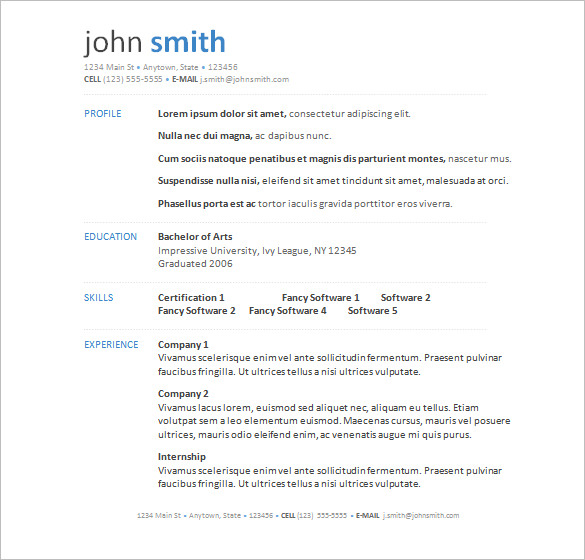
Additionally, list any relevant licenses or certifications you have. However, you should include lower degrees if they're relevant to the job you're applying for.

Typically, your highest degree is the only one you need to include on your resume.

Include relevant education or certifications. For example, if you were a sales manager, you might include a line such as "Implemented changes that increased sales by 27% in 1 quarter." Specific numbers and metrics show potential employers exactly what you achieved. Use active verbs to describe your responsibilities and accomplishments.For example, you might say "Managed 20-person sales force for 10 years." You don't necessarily have to include the dates you worked for a particular employer, although you should indicate the length of time you worked there. With a functional resume, you have a little more leeway in how you include your work experience.However, if you worked there for several years, just the years are typically fine. Generally, you should include the month and year you started and ended the job in a chronological resume.Use specific, descriptive job titles that tell potential employers exactly what you did through that experience. For a chronological resume, add specific jobs and other work experience in reverse-chronological order, starting with the most recent job you've had.

List work experience, including relevant volunteer work.


 0 kommentar(er)
0 kommentar(er)
